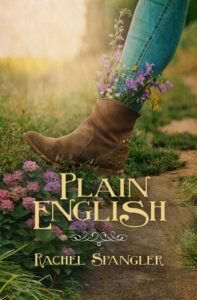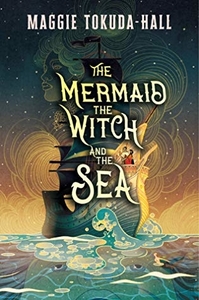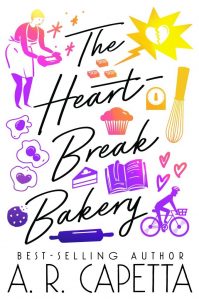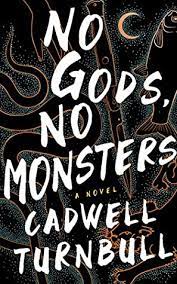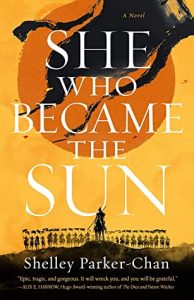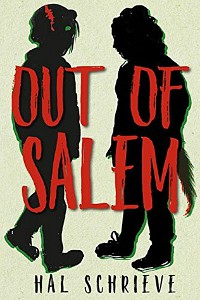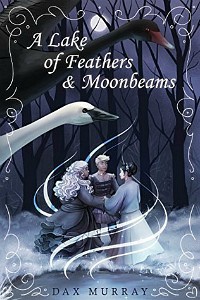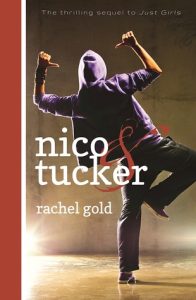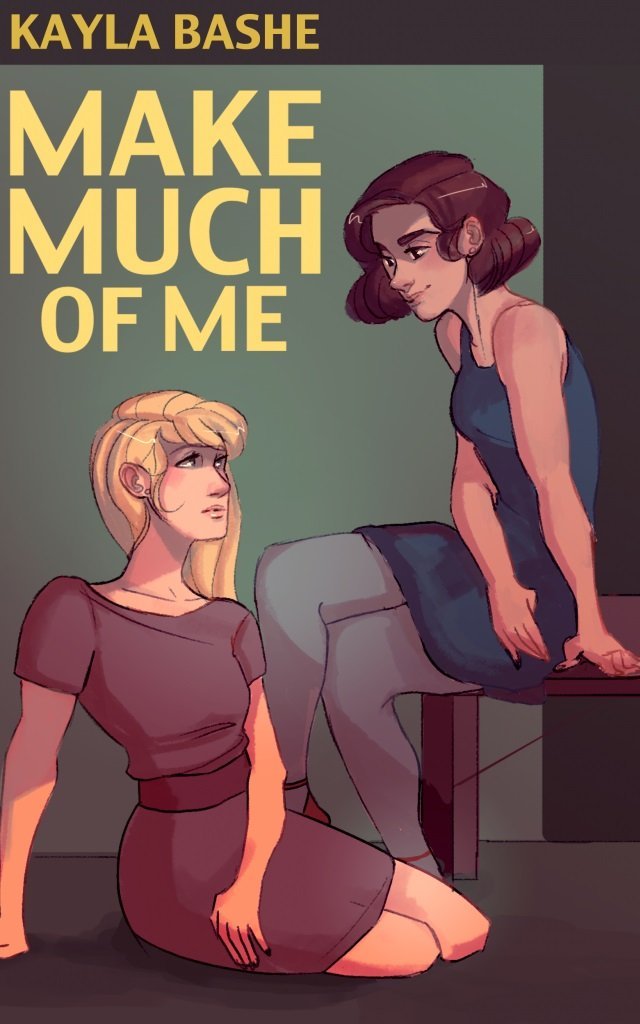Amazon Affiliate Link | Bookshop.org Affiliate Link
Rachel Spangler is probably one of my most read authors of sapphic romance because they are so darn reliable. I’ve never been disappointed. In my mind, I often refer to Spangler as “the author who writes sports romance,” and yeah, I’m a big sucker for a feel-good sports story. But Spangler’s writing is much more diverse than that label gives them credit for, and their newest book Plain English showcases that range.
I’d already read Full English last year, the first book in the English series, which is set in the small English town of Amberwick. Plain English, the third book, features many of the same characters. (I somehow missed the release of Modern English, the second book – more on that later.) It doesn’t matter much if you read the three English books out of order, but it’s always fun to have that experience of already knowing some of the established cast. That said, from the synopsis I was generally expecting a pretty straightforward continuation but with more royalty, angst and motorcycles.
We’re introduced to a very flawed, sometimes infuriating protagonist Lady Phillipa Anne Marion Farne-Sacksley of Mulgrave. (Titles, titles, titles, announced in my best Robert Baratheon voice.) Lady Mulgrave, whose preferred name is Pip, or also literally any name that isn’t “Lady” Mulgrave, is a bit of a playboy with a Peter Pan complex. Here for a good time, not for a long time. We meet Pip in a way that immediately showcases their gay disaster profile: while sneaking out of a one night stand’s bedroom and wrecking a vintage motorcycle in a field within the span of a couple of hours.
Enter Claire Bailey, a financially struggling artist looking to find her way after trying to keep her head above water in London for the last decade. Claire might be a bit of a mess herself, but she’s well on her way to getting that mess sorted. Learning (mostly) from past romantic mistakes, and moving forward with a new chapter of her life. Claire unexpectedly meets Pip by way of the aforementioned embarrassing motorcycle fiasco, and she immediately catches the aristocrat’s eye. Of course Pip is exactly Claire’s type, a type that embodies some big red flag energy wrapped up in a handsome, irresistible package. Claire knows any kind of relationship will end in disaster, and that Pip has a life and a path already mapped out due to the nature of English custom and aristocracy. And thus the perfectly reasonable idea of embarking on a short term relationship with plenty of boundaries (ha!) and absolutely no complications whatsoever (haha!).
Don’t let the cheeky, playful banter between these two fool you. Claire and Pip are some of the most raw, vulnerable characters I’ve seen on the page in romance recently. The first love scene and the communication between them as they both navigate uncharted waters was perfectly executed. I also appreciated how Claire and Pip’s close friends set aside their personal feelings and frustrations to support someone they care about in their time of need, while acknowledging that Pip still has their own issues to work out. There’s a lot of hurt/comfort happening throughout, so buckle in.
(Spoilers, highlight to read) Please excuse me while I jump forward to gush a bit about Pip’s character. We see a lot of adult characters in romance processing past trauma, healing, grieving – but we don’t always get to see them in the midst of a full-fledged identity crisis. Especially one involving gender identity. This was an unexpected aspect of the book, and I cannot stress how much I loved it. There were some moments in the book, especially as Pip deals with their conservative, controlling family, that really punched me right in the feels. I want to tell you so much more about it, but it’s best to just experience it for yourself. (End spoilers.)
Back to this book existing as part of a series – one reason I might recommend checking out Full English first is to experience the growth of a particular side character who returns in Plain English. We first meet Reggie in Full English when she’s just a pup, experiencing her adorably awkward and earnest interactions with the adults who recognize something familiar in her, which is explored further in Plain English. It is precious. You will love her.
That said, I also realized while reading the book that I’d missed the second installment in the series, Modern English, and caught up after I started writing this review to make sure I hadn’t missed anything big. If you want more of an introduction to how aristocracy works and all those stodgy English rules, then maybe you’d prefer to read all three in order. Of the three books, Plain English was hands down my favorite, but as a series, they complement each other so well that it would be a shame not to read them all.

